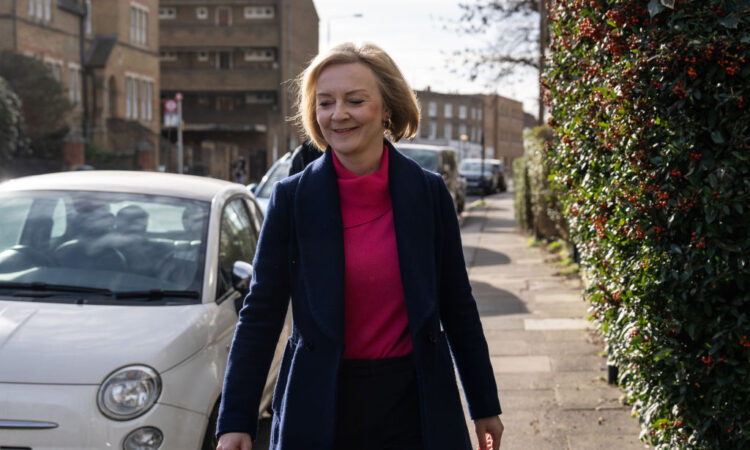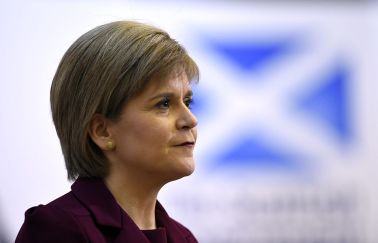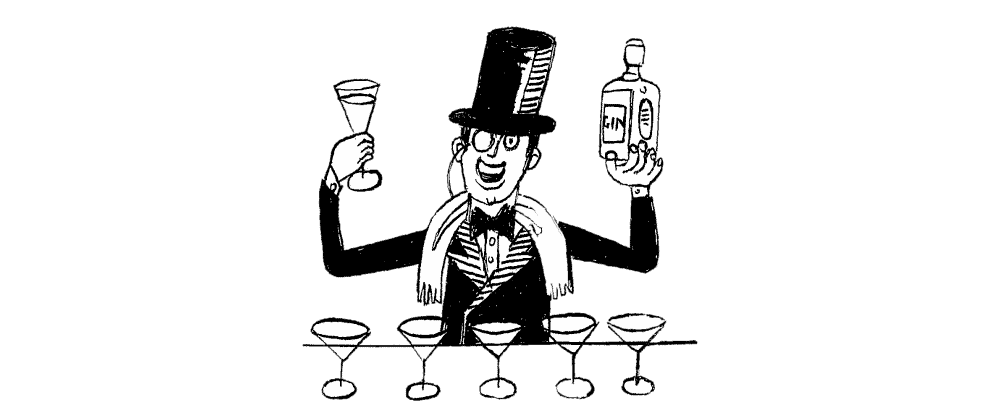
It was only a few weeks ago that Liz Truss started commenting on domestic policy again, speaking to The Spectator not just about what happened during her time in No. 10, but about what she sees as prescriptions for Britain’s stagnant economy. Today she weighs back in on foreign policy.
In Tokyo this morning, the former prime minister made her first international speech since leaving office and it combined her favourite topics: economic freedom and taking a tough stance on China. Truss is calling for world leaders to band together and create an ‘economic Nato’ – which would include agreeing to a tough package of economic sanctions on China, were President Xi to make aggressive movements against Taiwan.
Truss needs her contributions to influence hearts and minds back in Whitehall
This is not the first time Truss has presented this kind of idea. When she was serving as foreign secretary under Boris Johnson, she coined the phrase ‘network of liberty’, which promoted a similar idea of creating an alliance of ‘free and democratic nations’ to make headway on the ‘battle for economic influence’. Truss has long thought the way to curb China’s rising power, and win this ‘battle’, is through the expansion of free trade. It’s one of the reasons she pushed so hard to get negotiations started to see the UK join the Comprehensive and Progressive Agreement for Trans-Pacific Partnership. Not only did she want the UK to be part of the free-trade agreement; she wanted to make sure it could play a role in keeping China out.
Truss’s calls this morning for an ‘economic Nato’ are another version of this foreign policy strategy. But there are several hurdles to landing today’s speech that didn’t exist for her previously – the most obvious being that she is no longer representing the UK government when she makes such interventions. These are her personal views, as a former (and shortest-serving) prime minister.
So she needs her contributions to influence hearts and minds back in Whitehall, where Rishi Sunak and his cabinet are likely to be more focused on this week’s inflation figures and labour market update than they will be on this speech. But Truss’s push for a more comprehensive strategy for containing China could carry more weight as we approach next month’s budget – as battles over defence spending intensify and MPs that agree with Truss’s strategy get a bit more vocal.
The other hurdle Truss must overcome is the renewed debate she’s sparking about sanctions themselves. Truss’s call for a sanctions strategy for China is predicated on the idea that they have worked against Russia. The Spectator did a deep dive into the effects of these sanctions last year and found the results to be rather mixed. A year on from Russia’s latest invasion, its economy has proven more resilient to economic sanctions than expected, in part because parts of the world are still happy to buy its oil and gas exports. And alienating Russia’s economy is a very different proposition to doing the same to China. The economic pain created here at home by those sanctions on Russia – higher energy prices, for example – would feel small in comparison to the impact of major sanctions on a country like China, which the UK is far more heavily dependent on.
None of these points negate Truss’s calls for preparation: but it does raise questions about what has actually worked, and what hasn’t, when it comes to our global response to Russia. And if the West were to signal its readiness to band together and do the same to China, are we really ready for the potential economic fallout at home?








